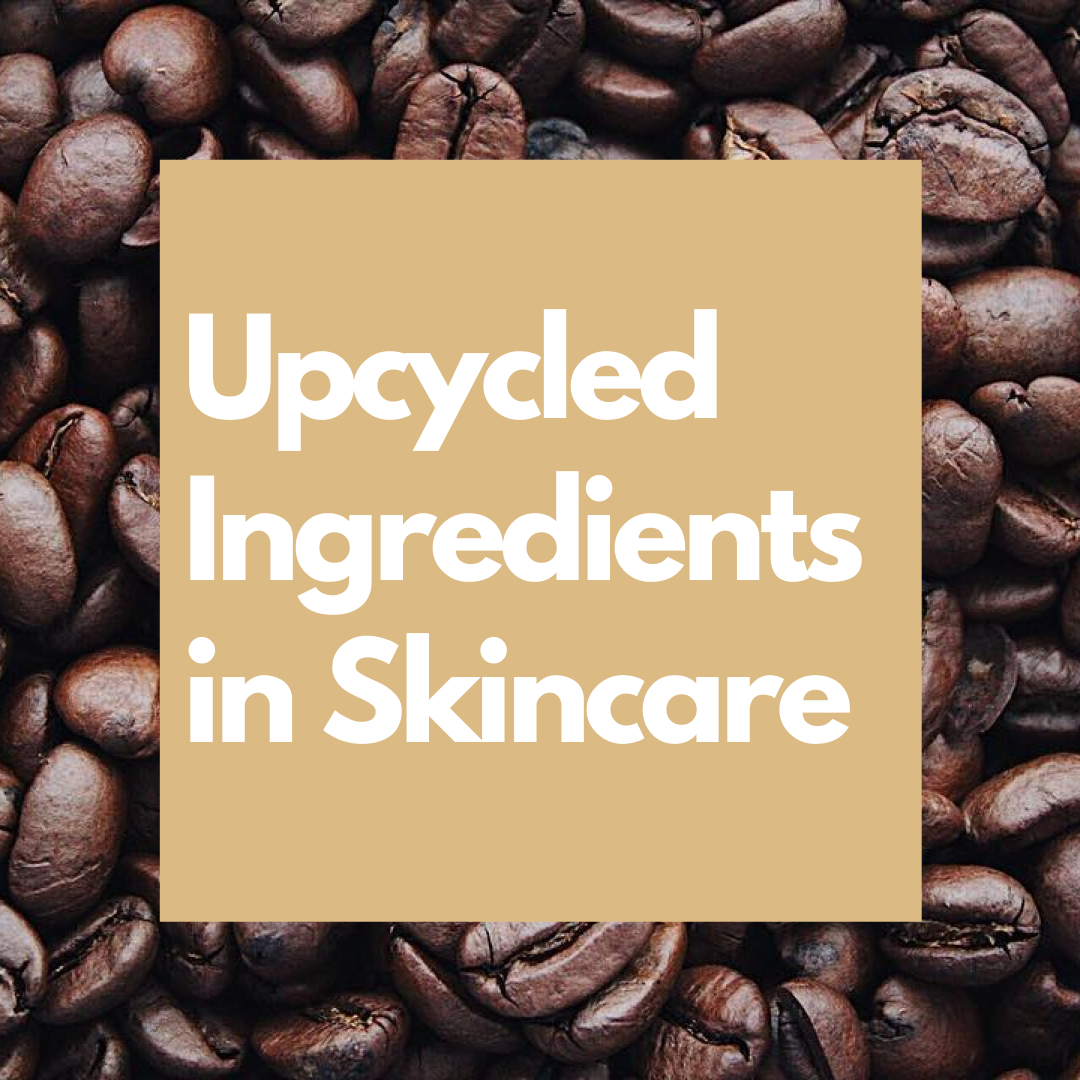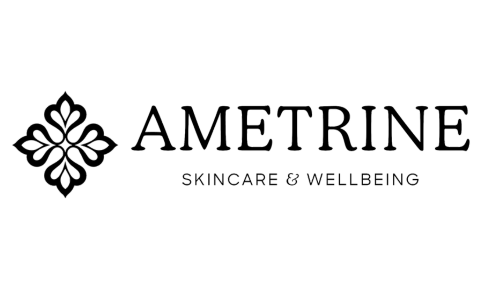
Upcycled Ingredients in Skincare
Up-cycled ingredients, what are they?
The idea of upcycling isn’t a new concept but in the skincare industry upcycling has been getting more and more popular alongside sustainability efforts, putting extra focus on trying to reduce waste, turn things away from landfill to help with carbon emissions and more. It’s not just a cool new trend and has become its own movement, a movement hopefully for true change with more and more awareness. Scientists have reported that consistent product production and consumption of goods at the current rate is not something that can last and significant change needs to be made in order to sustain life as we know it.
So how is up cycling different?
Most people are familiar with recycling. Putting recyclable packaging into your curb-side bin, collected by the council, dropped off at a recycling plant and repurposed into similar items; for example glass jars into new jars.
Upcycling is essentially the same thing but the goal is taking something that could be seen as waste and turning into something with a lot more value. When it comes to skincare this means using by-products from coffee shops, the wine industry, essential oil industry, jam making industry and more to create plant oil, exfoliating materials, active ingredients, floral or plant based waters. These ingredients often have just as many benefits as their original non upcycled counterparts. More than 50 million tonnes of fresh fruit and vegetables are discarded across Europe every single year because it doesn’t meet the strict aesthetic guidelines even when nothing is actually wrong with them. This shows that making little changes can have a huge difference to avoid post-consumer waste and also cut down on overconsumption of raw material harvesting.
According to the UK’s Environmental Protection Agency, ”For every 2 tonnes of food consumed, 1 tonne goes to waste somewhere along the chain, be it at the production, retail or manufacturing stage”.
Some of our favourite up-cycled ingredients to look out for?
Coffee

Used coffee grounds are an unavoidable by-product of coffee consumption but these coffee exfoliating particles can be used for body scrubs, face scrubs and more.
According to bio-bean "We consume over 2.25 billion cups of coffee every day. The UK alone accounts for 95 million of those daily cups. And with an estimated average of 11 grams of fresh ground coffee going into each cup, a staggering 9 million tonnes of ground coffee are brewed round the world every year, resulting in an estimated 18 million tonnes of wet, waste coffee grounds"
Thats a lot of waste which is why its a great product to repurpose into something else instead of throwing it away. If even a small percentage of coffee ground can be reused, this impacts the whole supply chain from slightly less raw material farming just for skincare products and less manufacturing of coffee grains.
But why it is better to up-cycle coffee instead of send it to a landfill, doesn't it biodegrade?
The answer is Yes, but it's what happens to it once it starts to degrade which is the problem.
The grounds take a minimum of three months before they start decomposing in the landfills. Coffee grounds that are sent to landfill start to emit methane once this happens which is a greenhouse gas approximately 25 times worse than carbon dioxide. This level of gas and detrimental waste is a complete disaster.
Jam and wine industry waste turned into rich fruit oils

The seeds from the jam and wine industry are perfect for being used to create plant oils reducing how much waste there is. Similar to coffee instead of these being thrown into landfills when there are a ton of benefits that can be used for the skin and more, they are collected and pressed creating light fruity aromatic oils. We prefer to use upcycled oils vs popular oils that would need extra farming.
These oils can be tomato oil, strawberry seed oil, blackberry seed oil, raspberry seed oil, grapeseed oil, rice bran oil and more.
Hydrolats/Hydrosols

Essential oils have been used by many cultures around the world for centuries for different purposes and every essential oil is said to have different benefits today. There are different methods of creating essential oils but through a process called steam distillation, excess water is collected at the bottom of the separator while the essential oils float above.
Instead of wasting this water that is an unavoidable by-product when creating essential oils, the water created is a great replacement of distilled water in skincare as it still holds the same or similar benefits as the original plant matter and essential oil as well as a great natural scent. In addition it can be great for sensitive skin and people who are particularly sensitive to essential oils as it is more gentle.
This comes in the form of the popular rose water we see being used as toners but also other floral varieties such as sandalwood, frankincense, lavender and more. Every single essential oil has a hydrolat by-product.
Look out for toner and hydrosols that are just distilled water with a few drops of essential oil added as these aren't the same
Other upcycled ingredients
Rice bran wax
Rice starch active powder
Almond and Rose Hip shells
Jojoba and Charcoal Powder
Olive, Apricot and Peach stones
Blackberry, Stawberry, Cranberry, Plum, Raspberry and Blueberry Seed Exfoliants
What can you do to up-cycle?
The first thing of course is to support brands and products that are using up-cycled ingredients and are transparent about this being a large part of their product formulation.
If you enjoy DIY and drink coffee why not dry out your used coffee grounds and make your own homemade body scrub by mixing it with some oils. Just be sure not to get any water in the jar you store it in as bacteria and mould can grow easily.
Turning old glass product jars into small plant pots
There are no limits to what you can create using the concept of upcycling. Its sustainable, cost-effective and most of all doesn’t require any skills. Just the imagination and willingness
Comment below some of your favourite up-cycled products

